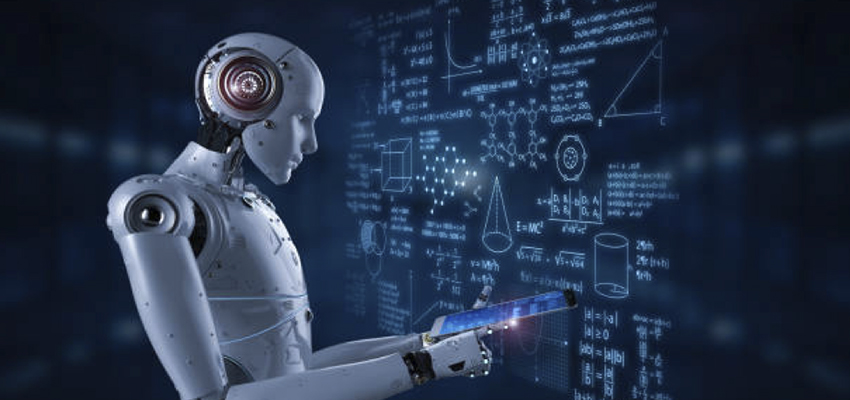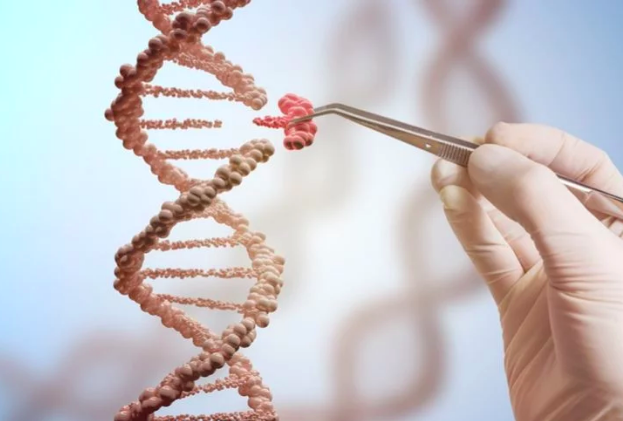CRISPR: The Future of Gene Editing and its Societal Implications
February 5, 2019
One of the most prominent, emerging ethical issues in the scientific community is CRISPR, more colloquially referred to as “gene editing”. Specifically, CRISPR is a method of gene editing that utilizes a protein called the Cas9 protein and specific guide RNAs to either disrupt an organism’s genome or insert specific genetic sequences of interest. Initially, humans used CRISPR in bacteria as an adaptive immunity response; CRISPR has been since utilized in the biological field as a new alternative to genomic engineering.
First, let us examine exactly how CRISPR works. The Cas9 protein along with a designed guide RNA is injected into a developing embryo. The “specific design” of the guide RNA is determined by the trait that the scientist wishes to modify in an organism and is created by selecting a specific sequence of nucleotides. In this case, RNA has four possible nucleotides (adenine, guanine, cytosine, and uracil) so scientists can arrange them in various sequences to target different parts of a gene. Once inside the cell body, the Cas9 protein searches through the cell’s DNA for a DNA sequence that corresponds to the sequence in the designed guide RNA; it searches for the complementary base pairs for the guide RNA’s sequence of nucleotides. Once this target sequence is found, Cas 9 is able to unwind the DNA helix structure, and the artificially designed guide RNA binds to the helix thus effectively changing the genome.
Most of the ethical discussions related to CRISPR and genome editing center around this fact; editing the human embryo, or germline editing. The germline is a cluster of embryonic cells present at the early stages of development, and is where CRISPR use is most controversial. This is because changes made in the germline would be passed down to future generations. Due to the possibility of off-target effects (edits in the wrong place), safety is of primary concern. Researchers and ethicists who have written and spoken about genome editing, generally agree that until germline genome editing is deemed safe through peer-reviewed research, it should not be used for clinical reproductive purposes.
This past November, a Chinese scientist He Jiankui shocked the world when he created the world’s first babies genetically edited with CRISPR: a set of twin girls, with a third CRISPR baby on the way. He successfully edited their genome such that they could not be affected by the HIV virus. Their father possessed the virus and he wanted to ensure his children never contracted it. Two months later, a Chinese government investigation found that He “seriously violated” state laws in pursuit of “personal fame and fortune.” He avoided supervision, faked an ethical review, and used potentially unsafe gene editing methods on the children.
Since the news of He’s experiment broke, many scientists have affirmed that CRISPR isn’t yet safe and precise enough to be used in human embryos. In addition to editing out the propensity for HIV from a genome, there could also be HARMFUL effects that clearly haven’t been studied carefully enough if someone is conducting their own experiments in a private lab without input from other scientists. Without careful, peer-reviewed studies it is irrational and unsafe to use CRISPR on humans in the germline where these traits will be passed down to future generations.
Many people have moral and religious objections to the use of human embryos for research. As of now, federal funds cannot be used for any research that creates or destroys embryos. In addition, NIH does not fund any use of gene editing in human embryos. As with many new technologies, there is also concern that genome editing will only be accessible to the wealthy and will increase existing disparities in access to health care and other medical or scientific interventions. Some worry that taken to its extreme, germline editing could create classes of individuals defined by the quality of their engineered genome.
Personally, I don’t have an issue with CRISPR from a “dignity of life” standpoint as many do. It can be extremely effective in curing various diseases otherwise thought to be incurable, like down syndrome. Once the technology becomes more refined, it has the potential to improve quality of life for large masses of people. I do however believe that editing germline embryonic cells can lead to a slippery slope, as any edits will be uncontrollably passed down to future generations; if a mistake is made, the consequences are compounded.
In general, the scientific development of CRISPR and gene editing is filled with controversy, specifically with implementation in humans, and even more so in the germline. Scientists have generally advocated for a slow, cautious approach to gene-editing human embryos. Regardless, change is coming sooner rather than later and we will start to see the effects of CRISPR on humans for better or for worse.































